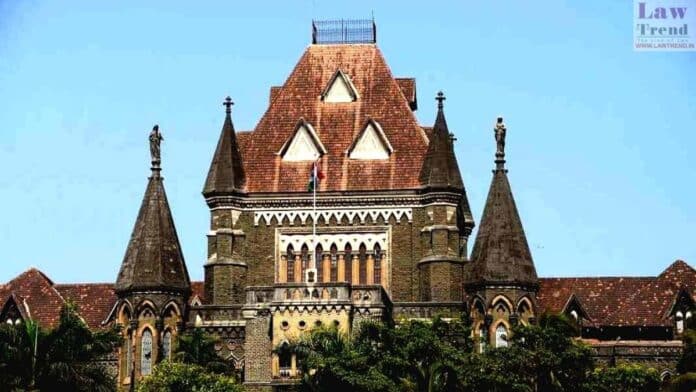In a significant ruling on Monday, the Nagpur bench of the Bombay High Court issued a stay on the demolition of the homes of two individuals accused of involvement in recent violence, including Fahim Khan. The court’s intervention highlights concerns over administrative high-handedness, especially after the premature demolition of Khan’s two-storey house earlier that day.
Despite the High Court’s afternoon order, authorities had already razed Khan’s residence and had begun dismantling illegal structures at the home of the other accused, Yusuf Sheikh, in the Mahal area—known as the epicenter of the March 17 violence. The court’s swift response came after both accused sought an urgent hearing, challenging the demolitions.
Justices Nitin Sambre and Vrushali Joshi, presiding over the division bench, questioned the lack of preliminary hearings for the property owners before proceeding with such drastic measures. “The action was taken in a high-handed manner, without giving a hearing to the owners of the property,” the bench noted, emphasizing the need for due process.
Advocate Ashwin Ingole, representing Khan, informed that the court demanded responses from both government and civic authorities, with a further hearing scheduled for April 15. The bench also stated that should it find the demolitions were carried out unlawfully, the responsible authorities would be compelled to compensate for the damages incurred.
On Monday morning, amid stringent security and drone surveillance, civic authorities demolished Khan’s residence, citing unauthorised construction. The property, registered in his mother’s name, was on a plot leased from the Nagpur Improvement Trust, which had expired in 2020. According to civic officials, the entire structure lacked authorized plans, prompting action under the MRTP Act. A 24-hour notice had been issued before the demolition commenced.




